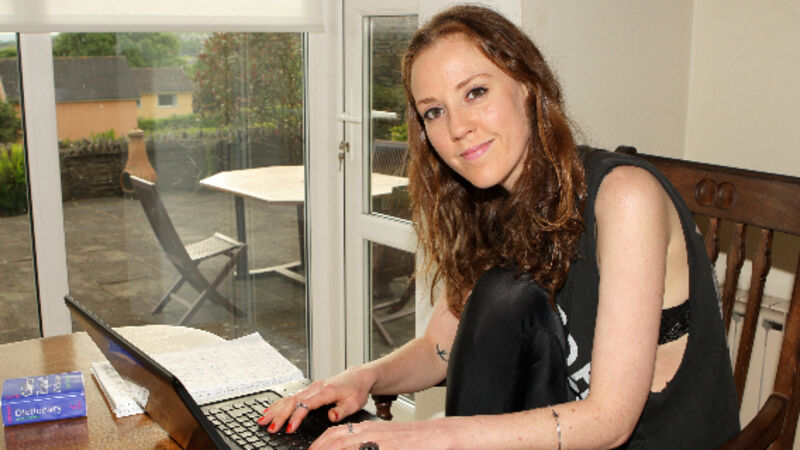Louise O'Neill: 'Give yourself the pep talk you'd give a child'

I was at FemFest recently, a conference organised by the National Women’s Council of Ireland for young women between the ages of 16 and 25. Siobhán McSweeney, who plays Sr Michael in Derry Girls and is, most importantly, a fellow Cork woman, was the keynote speaker and a discussion followed her speech; the panel included a journalist, the president of the Second Level Student’s Union, two campaigners from direct provision centres, and me.
I was honoured to be included, and to hear these inspiring women share their thoughts on sexism, mental health, refugees, violence against women, rape culture, and much more. In the Q and A section afterwards, a young woman in the audience stood up and asked us about Imposter Syndrome.














